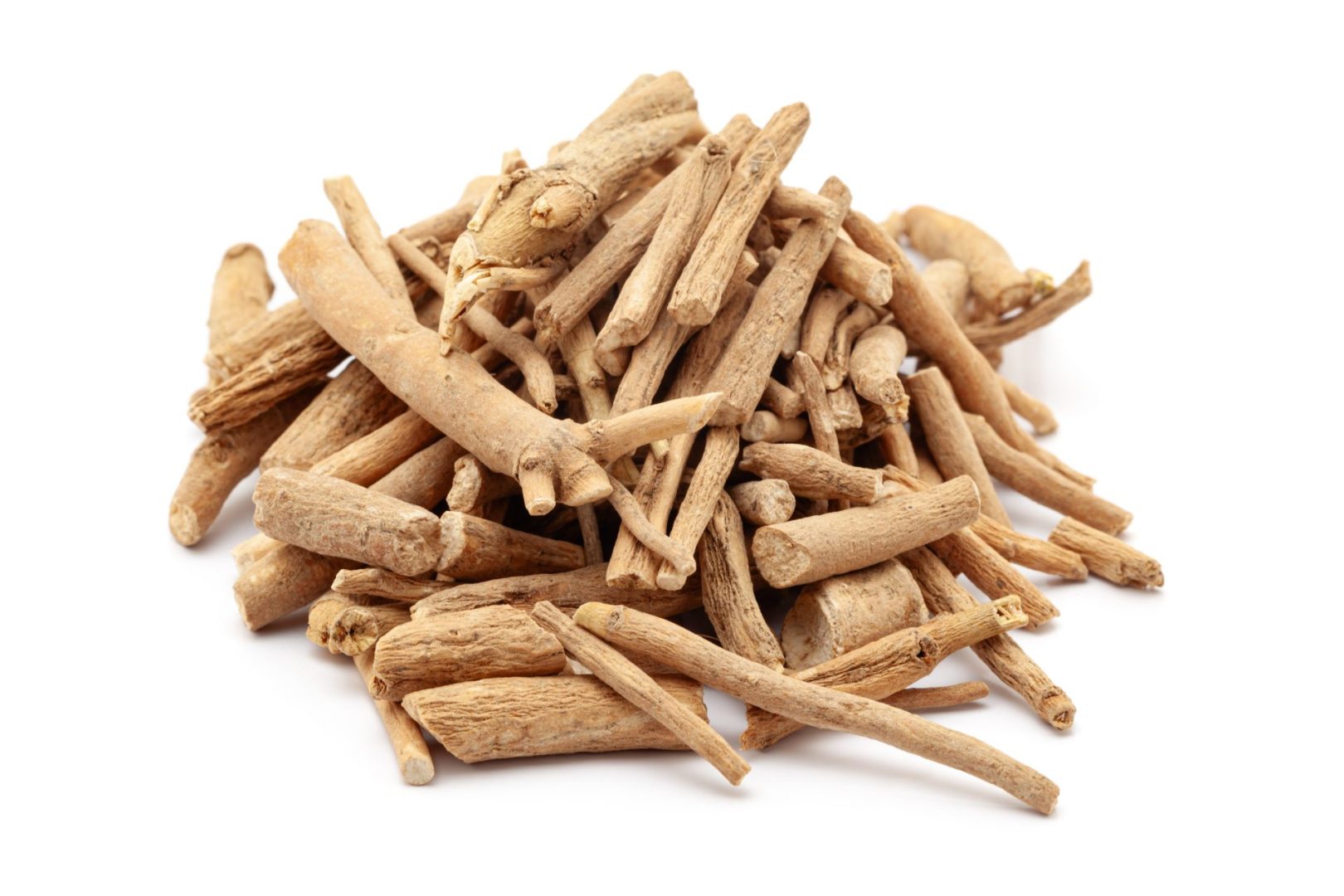Ashwagandha, an herb used in traditional Indian Ayurvedic medicine for centuries, has gained popularity as a natural anxiety treatment. While ancient wisdom supports its use, modern science has begun to examine its effectiveness through a more rigorous lens. The herb’s name, derived from Sanskrit, means “smell of horse,” referring both to its distinct odor and its traditional reputation for imparting the strength and vitality of a stallion.
Historical significance and traditional uses
In Ayurvedic practice, Ashwagandha has been prescribed for over 3,000 years as a Rasayana, or rejuvenating tonic. Beyond anxiety relief, traditional practitioners used it to enhance longevity, improve vitality, and support overall wellness. Dr. Rajesh Kumar, an Ayurvedic medicine specialist, explains: “Ancient texts describe Ashwagandha as a powerful adaptogenic herb that helps the body resist physiological and psychological stress.”
What research tells us
Recent clinical studies have shown promising results regarding Ashwagandha’s anti-anxiety properties. Dr. Sarah Chen, a clinical researcher at Stanford University, explains: “Multiple randomized controlled trials have demonstrated that Ashwagandha can significantly reduce anxiety levels. The herb appears to work by lowering cortisol, our body’s primary stress hormone.”
Modern scientific validation
Contemporary research has begun to uncover the biochemical mechanisms behind Ashwagandha’s traditional benefits. Studies using advanced imaging and laboratory techniques have revealed its effects on neurotransmitter systems and stress response pathways. These findings provide scientific backing for what traditional healers have long observed.
The science behind the benefits
It belongs to a class of herbs called adaptogens, which help the body manage stress. The herb works through multiple pathways, regulating cortisol levels, supporting healthy brain chemistry, reducing inflammation linked to anxiety, and improving sleep quality. These combined effects contribute to its anxiety-reducing properties.
Understanding adaptogenic properties
Dr. Jennifer Martinez, a neuroscience researcher, elaborates: “Adaptogens like Ashwagandha help normalize physiological functions during stress. They work like a thermostat, adjusting the body’s stress response up or down as needed. This explains why people report feeling both calmer and more energized.”
Forms and preparations
It comes in various forms, each with its own advantages. Root powder, capsules, tinctures, and gummies are commonly available. The traditional method involves boiling the root in milk with herbs, though modern supplements offer more convenient options while maintaining efficacy.
Proper dosage and timing
Clinical trials have typically used doses ranging from 250mg to 600mg of ashwagandha extract daily. However, Dr. Michael Roberts, a naturopathic physician, advises: “Starting with a lower dose and gradually increasing it allows you to monitor your body’s response. The full benefits may take several weeks to become noticeable.”
Individual response variations
Dr. Lisa Thompson, a psychopharmacologist, notes: “Like many natural remedies, individual responses to Ashwagandha can vary significantly. Factors such as age, overall health, and concurrent medications can all influence its effectiveness.”
Potential side effects and interactions
While generally considered safe, it isn’t without potential side effects. Some users report digestive issues, drowsiness, or headaches. It may also interact with certain medications, particularly thyroid supplements and immune system modulators. It’s crucial to discuss using Ashwagandha with a healthcare provider, especially for those taking prescription medications or with underlying health conditions.
Long-term safety considerations
Research on long-term use shows promising safety profiles. Professor James Wilson, a pharmaceutical researcher, states: “Studies following participants for up to five years show minimal adverse effects when taken as directed. However, periodic breaks from supplementation may be beneficial.”
Quality and sourcing considerations
Not all of it’s supplements are created equal. High-quality products typically use root extract rather than leaf and provide standardized withanolide content. Reputable manufacturers will offer third-party testing results and clear labeling of their ingredients and concentrations.
Comparison with conventional treatments
While Ashwagandha shows promise, it’s important to understand its place in anxiety treatment. Unlike prescription medications that may work quickly, Ashwagandha typically requires consistent use over time. Some people find it complements traditional treatments, while others use it as a standalone approach.
Integration with lifestyle changes
For optimal results, experts recommend combining Ashwagandha with broader anxiety management strategies. Regular exercise, proper sleep hygiene, and stress-reduction techniques can enhance its benefits. Nutritionist Emma Brooks suggests: “Think of Ashwagandha as one tool in your anxiety management toolkit, not a complete solution.”
Real user experiences
Many users report positive experiences with Ashwagandha. Sarah Thompson, who has used it for six months, shares: “I noticed a gradual reduction in my anxiety levels. It wasn’t immediate, but after about three weeks, I felt more resilient to daily stressors.” However, individual experiences vary significantly, and some users report minimal or no effect.
Making an informed decision
Before starting Ashwagandha, consulting with a healthcare provider is essential, especially for those who take prescription medications, have autoimmune conditions, are pregnant or nursing, or have thyroid disorders. A professional can help determine if Ashwagandha is appropriate and safe for your specific situation.
The bottom line is that while research supports Ashwagandha’s potential benefits for anxiety, it’s important to approach it as part of a broader strategy for mental health management. Understanding proper dosage, quality considerations, and potential interactions will help ensure the safest and most effective use of this traditional remedy. Remember that individual responses vary, and patience is key when trying natural supplements.
When considering Ashwagandha for anxiety, take time to research reputable brands, start with appropriate dosages, and maintain open communication with healthcare providers about its use and effects. This thoughtful approach helps maximize potential benefits while minimizing risks.














